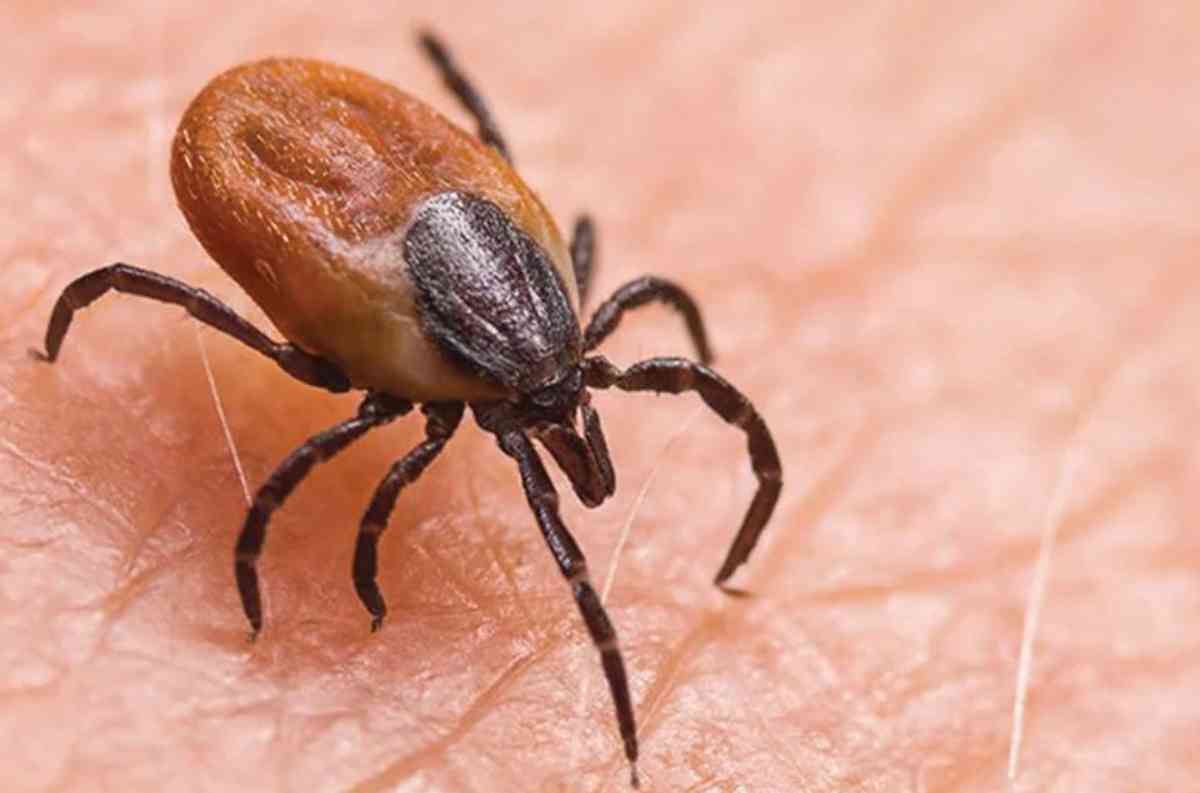Scrub Typhus is a common bacterial infection that usually affects the people in monsoon season. This illness is transferred through the bite of infected mites called chiggers. These chiggers are more prominent in the dense vegetation like forests and grasslands. Thousands of cases have been reported so far and fair treatments are being given.
Who’s at Risk?
The groups most at risk include:
- Farmers and Outdoor Workers: Their constant exposure to plants and bushes puts them in danger.
- Trekkers and Campers: Spending time in nature increases their chances of getting bitten.
- People Living near Forests: Their proximity to wildlife makes them vulnerable.
- Pregnant Women and Young Children: Weaker immunity makes them more likely to face complications
Now the outbreak is in northern districts of Tamilnadu near Chennai and some southern districts are becoming prone to this illness.
Know the Symptoms
Generally symptoms show up 1 to 2 weeks after being bitten by an infected chigger. Keep an eye out for:
- High fever with chills
- Severe headaches and body pain
- Extreme tiredness
- A dark scab-like mark (called an eschar) at the bite spot
- Skin rashes or red spots
If untreated, the condition lead to issues like:
- Breathing problems, like pneumonia
- Brain infections, such as meningitis
- Heart or kidney complications
Why Cases Increase in Winter
Scrub Typhus cases generally increase in the post-monsoon and winter months from August to January. The damp and cool weather creates perfect conditions for mites to thrive. Common places such as gardens, backyards, and areas near trees and bushes become high-risk zones. During this time, taking precautions is crucial.
Why Early Treatment Is a Must
Getting treatment quickly is very important. If you experience symptoms, visit a doctor without delay. Diagnosis usually involves tests like IgM ELISA (to detect antibodies) or PCR (to spot bacterial DNA). Treatment often includes:
- Doxycycline tablets (200 mg daily for 7 days) for adults
- Azithromycin, a safer option for children and expecting mothers
In severe cases, even hospitalization additional to the antibiotics may be required to prevent serious complications.
The fatality rate of scrub typhus ranges from 1% to 35%.
DPH measures
The Tamil Nadu Directorate of Public Health (DPH) has been taking several measures to fight the spread of the disease. These include:
- Clearing Overgrown Vegetation: Cutting down bushes and plants where mites could live.
- Reducing Rodent Populations: Limiting the animals that spread mites.
- Spraying Insecticides: Using special chemicals to kill mites in problem areas.
- Spreading Awareness: Teaching people about symptoms and the importance of immediate medical care.
- Monitoring Fever Cases: Keeping a close eye on patients with prolonged fever to detect and treat the disease early.
Expert Recommendations
Health experts strongly suggest using insect repellents and wearing fully covered clothing to avoid skin exposure when visiting risky areas. Dr. T.S. Selvavinayagam, Tamil Nadu’s Director of Public Health, advises immediate medical attention if anyone has a fever lasting more than five days or a noticeable eschar.
Community Contribution Is Key
Preventing Scrub Typhus requires everyone’s efforts. Communities can help by keeping their surroundings clean, cutting overgrown plants, and sharing knowledge about the disease. Farmers and outdoor workers should wear protective clothing and use insect sprays. Trekkers and nature lovers should stay cautious and avoid thick vegetation when outdoors.
This infection doesn't lead to pandemic as it can be tackled with proper care and awareness. By following safety measures, seeking proper treatment and also being aware of the illness, the people of TamilNadu can protect themselves from this threat.
With inputs from agencies
Image Source: Multiple agencies
© Copyright 2024. All Rights Reserved Powered by Vygr Media.
Author's Profile:
Ashwini Devi is a versatile content writer with expertise in SEO, creative, and professional writing across niches like technology, health, and travel. With a strong background in academic writing and brand development, Ashwini excels in crafting impactful content, managing social media, and creating effective strategies to boost engagement and growth.






















